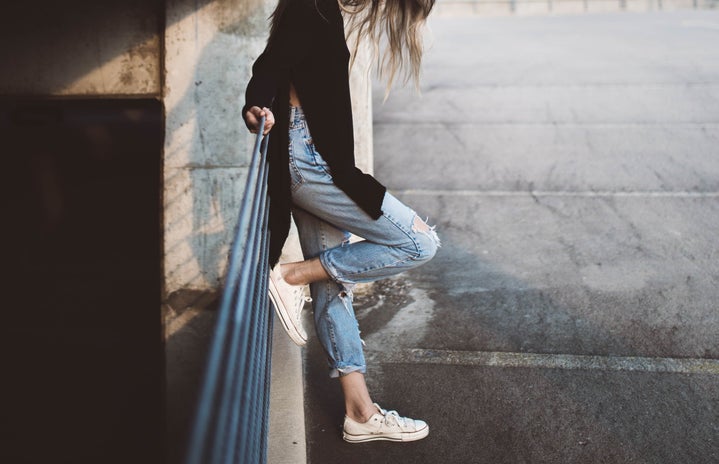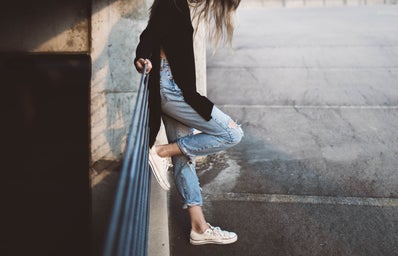When was the last time you checked where your clothes came from? I’m not talking about the brand, but rather where and how it was made. In a world of constantly changing trends, the label of sustainability sometimes falls to the wayside. The truth is, our fashion industry is full of far more horrors than you might expect. This is partially a result of the fashion industry constantly pushing new trends and collections at a pace far too rapid for each item to get its full use. This means that people will have to buy more clothes more often, which means more money for stores and more trash in our landfills.
Not only is this causing horrors for the environment, but it costs the health and often lives of garment workers across the world. Forced to work in near slavery, the approximately 75 million people who make our clothing are often forced to work for mere dollars per day in unsafe and sometimes abusive conditions. The reason that budget-friendly retailers are able to offer a good deal is that oftentimes each garment costs only cents to make, based on the abusively low wages paid to factory workers.
Now that you know about the issues associated with fast fashion, you may be feeling a bit panicky about how to change your trendy ways. As a college student with a limited budget, I know it is very difficult to reconcile my desire to be sustainable with my need for fast, convenient, and inexpensive items to get me through the day and present myself in the best light possible. So when I see something that ticks those boxes and also looks eco-friendly, it’s easy to just grab it up and not look into what it is actually doing for our earth.
Here’s the good news: any fashion companies have begun to catch on to the trend of sustainability. While this is overall seen as a positive thing, it does create one tricky obstacle: the concept of greenwashing. This basically refers to a group or a company making their products seem eco-friendly through a combination of color palettes, nature-infused advertising, and catchy names that sound like they must be eco-friendly.
Don’t get me wrong, a lot of these brands do incorporate some aspect of sustainability into their product and clothing development. However, the tags that claim to be “all natural” and made of “recycled materials” aren’t always as pure as they may seem. In fact, there is no regulatory restriction on what can be labeled as a “natural” product. Vague terms like these are made to sell more products and ease the guilt of their intended consumers.
When you do need to replace something, it’s good to do your research. Of course, not everything you buy can ever be the perfect conflict free piece — all that I ask is that you put a little thought into what the clothing means for you, the planet, and the people making it. Some of the best things to look for are:
- Things that are thrifted or made from recycled materials
- Items made from Earth-friendly materials (organic cotton is great; avoid plastics like polyester!)
- Companies that reduce waste (stores like WearPact are made using significantly less water than the average clothing company!)
- Brands that give back (BANGS shoes invest 20% of all sales back into small entrepreneurs!)
- Organizations that ensure their workers get their fair share (some stores such as Krotchet Kids Intl. and ABLE even tell you exactly who made your piece!)
Adjusting your buying habits to better serve the environment is a priority we should all consider making. All it takes is a bit of research and mindfulness to make little choices where you can. Of course, shopping sustainably can be admittedly expensive and not necessarily inclusive or accessible to marginalized groups, such as women of color and plus-size women. But becoming more informed and making a difference when and where you can are both steps we can take in the sustainable space.



